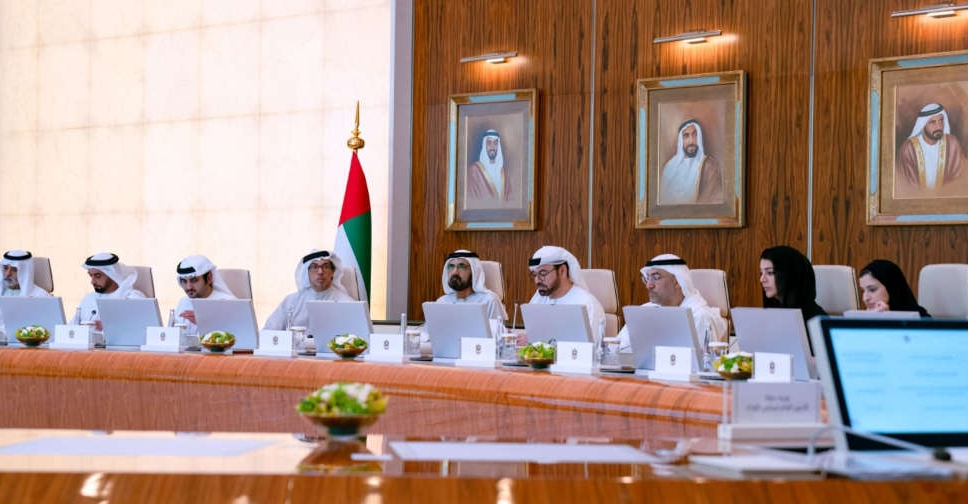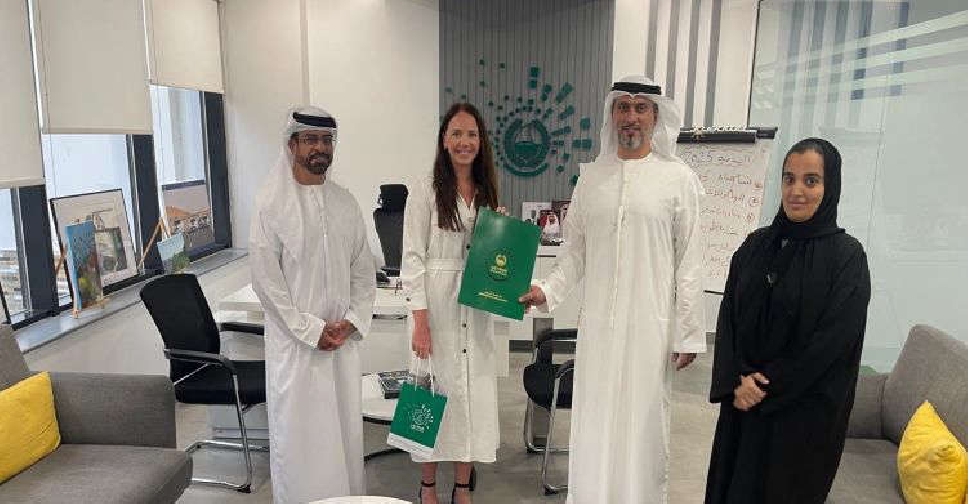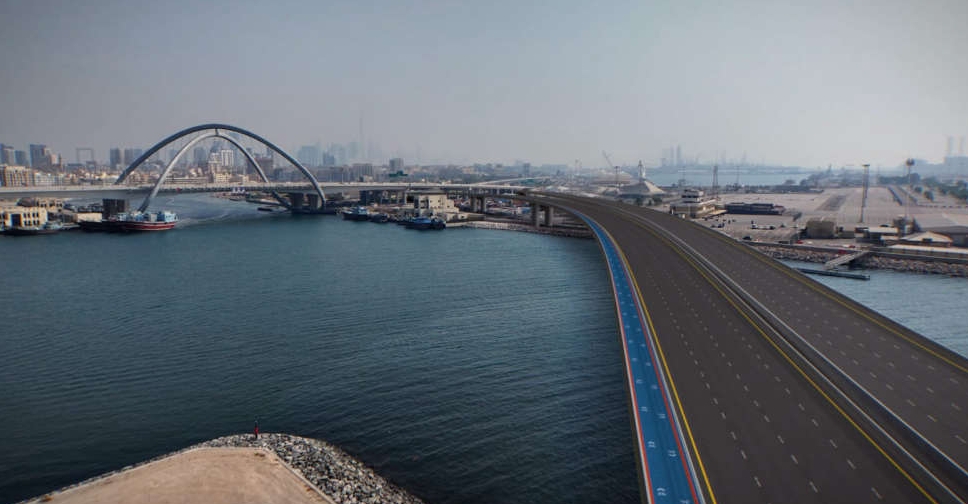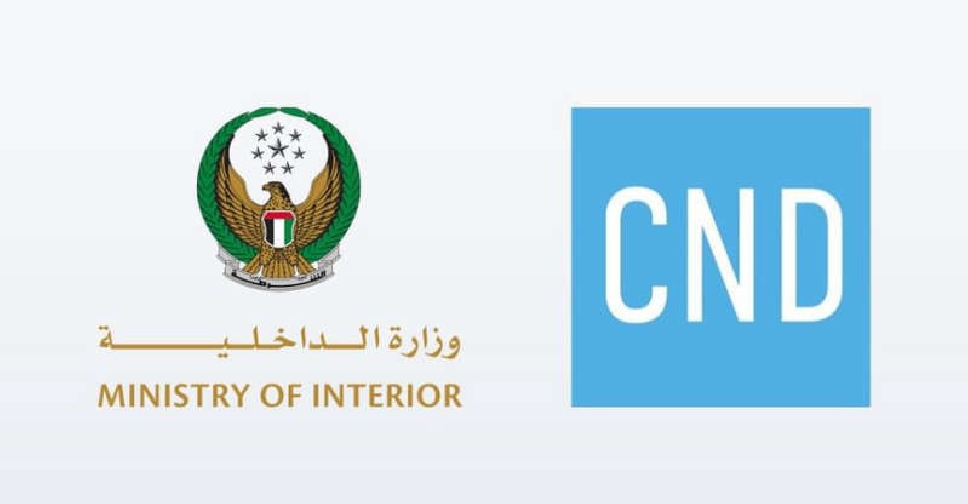
The UAE Cabinet has approved a federal traffic law, which includes amendments to vehicle classification and takes into account the use of modern transport technologies, self-driving cars and electric vehicles.
This law was announced during a cabinet meeting chaired by His Highness Sheikh Mohammed bin Rashid Al Maktoum, Vice President and Prime Minister of the UAE and Ruler of Dubai.
"The new legislation keeps pace with the expansion in the use of self-driving vehicles, electric cars and various means of personal transportation that take advantage of the technological advancements in the UAE's road network," said Sheikh Mohammed.
Its provisions include the classification of vehicles, general obligations of drivers, categories excluded from obtaining driving licenses, conditions for granting licenses, suspension of driving licenses and permits, driving schools, vehicle insurance and inspection, and obligations related to self-driving vehicles.
The Cabinet also reviewed the achievements of the Emirates Genome Council, which has collected more than 600,000 samples as part of the Emirati Genome Programme to create a map of genetic and hereditary diseases in the country.
More than 1,100 healthcare employees have been trained to collect genetic samples, while work is underway to launch new phases of the genome tests regarding newborns and premarital health screening to detect all genetic and hereditary diseases.
Chaired by Mohammed bin Rashid, UAE Cabinet reviews achievements of Emirates Genome Council and approves Ethical Charter of AI and Framework for sustainable Digital Transformation#UAEGOV pic.twitter.com/M8KHYxWx20
— UAEGOV (@UAEmediaoffice) June 10, 2024
Digital Transformation and AI
To strengthen the UAE’s position in the digital economy sector, the Cabinet adopted the General Framework for Sustainable Digital Transformation, which includes launching the paperless government initiative and developing two guiding manuals on the reusing, recycling or handling of waste related to old digital devices in the federal government.
The Cabinet also approved the Ethical Charter of Development and Use of AI. It includes 12 principles aimed at preserving the respect of human values and ensuring fair and safe treatment for all members of society.
The charter defines how AI should be used ethically and responsibly. Its key principles include ensuring all AI systems comply with the highest safety standards and developing AI technologies to be inclusive and accessible to all.
Federal law on combating communicable diseases
The new legislation outlines the provisions of communicable diseases’ prevention, monitoring, reporting and handling according to their nature, severity and spread of each disease.
Re-development of the UAE Chambers (FCCI)
The Cabinet approved a decision to form an inter-ministerial team headed by the Ministry of Economy, with the membership of the Ministry of Foreign Affairs, the Ministry of Industry and Advanced Technology, and local governments representatives, aimed at re-developing the Federation of UAE Chambers of Commerce and Industry.
The restructuring plan aims to develop a comprehensive national strategy to advance and optimise the efforts of UAE based companies to conquer new international markets, to empower SMEs and startups to prosper globally.
Approval of the International Code for the Protection of Tourists
The Cabinet approved the state’s commitment to the principles and recommendations of the International Code for the Protection of Tourists (ICPT) to be used as a guiding manual, with voluntary application of its principles.
The code, prepared by the United Nations World Tourism Organisation, aims to restore confidence and accelerate tourism recovery after the pandemic.
The Cabinet also approved the Ministry of Finance to represent the country and follow up and coordinate the participation of relevant entities in the state in the BRICS financial track working groups and events, in collaboration with the Central Bank of the UAE.

 UAE honoured by Myanmar for earthquake relief efforts
UAE honoured by Myanmar for earthquake relief efforts
 Dubai Police honours tourist for returning found jewelry
Dubai Police honours tourist for returning found jewelry
 New bridge to connect Dubai Islands to Bur Dubai
New bridge to connect Dubai Islands to Bur Dubai
 UAE secures seat on UN narcotics commission representing Asia-Pacific
UAE secures seat on UN narcotics commission representing Asia-Pacific
